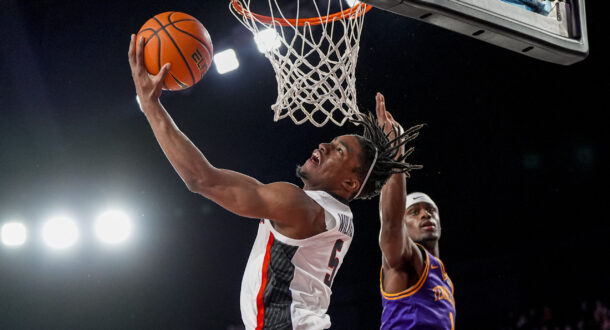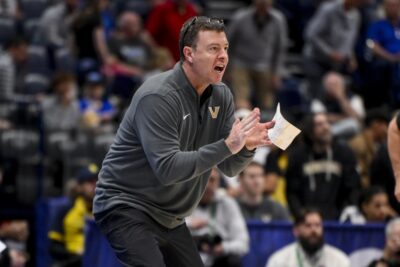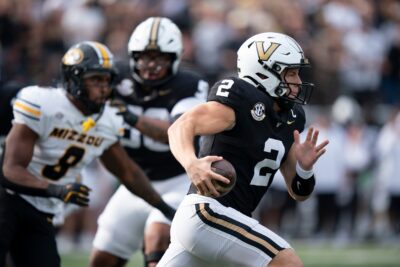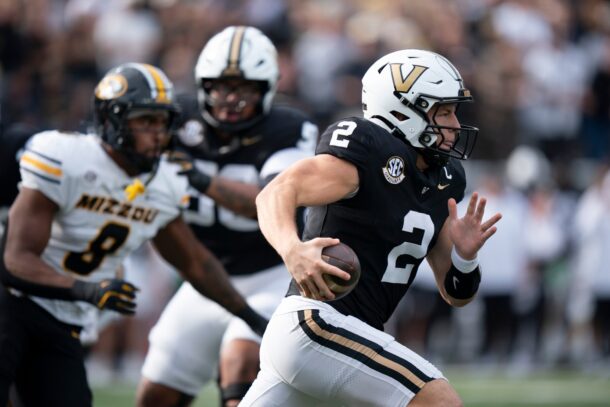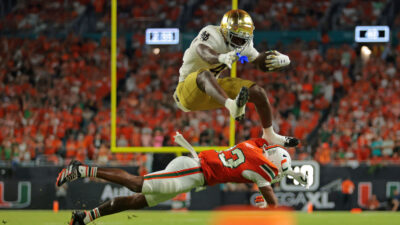Building an impressive staff of assistants is a necessity in the SEC. Here are the league’s five best assistant coaches on the defensive side of the football as we near the end spring practices in April:
SEC’S 5 BEST DEFENSIVE ASSISTANT COACHES
Just missed the cut: Robb Smith, Arkansas defensive coordinator; Geoff Collins, Florida defensive coordinator; Jon Hoke, South Carolina co-defensive coordinator; Chris Kiffin, Ole Miss recruiting coordinator/defensive line coach
5. Jeremy Pruitt, Georgia, defensive coordinator: As a coach, Pruitt’s lived a charmed life. First, he got a job at Hoover High School, of MTV’s “Two-A-Days” fame, at the height of its national brand. After three seasons at the most prominent high school program in the state, Alabama coach Nick Saban nabbed him as director of player development, a prudent political move his first year in Tuscaloosa that gave him further recruiting advantages. Pruitt bided his time, then became a position coach — defensive backs at Alabama from 2010 to 2012, winning two national titles and coaching players like Mark Barron, Dre Kirkpatrick and Dee Milliner. Pruitt leveraged that to get a defensive coordinator job at Florida State, where the Seminoles promptly won a national championship, then hopped back to the SEC at Georgia for more money. But as lucky as he seems, Pruitt wouldn’t keep moving up if he wasn’t an excellent asset, both on the field and as a recruiter.
4. Craig Kuligowski, Missouri, defensive line: You’d be hard-pressed to find a better position coach in the entire country than Kuligowski, and Mizzou is lucky he didn’t jump ship when coach Gary Pinkel decided to bring back Barry Odom as defensive coordinator instead of promoting the man who has served on his staff since 1992. (The decision turned out to be a good one, all things considered.) Kuligowski has coached eight defensive linemen to first-team all-conference honors in the last eight years, including Sheldon Richardson, Kony Ealy, Michael Sam and Shane Ray in the SEC. He’s also helped develop standouts like Aldon Smith and Ziggy Hood, and is the soul of #DLineZou.
3. Kirby Smart, Alabama, defensive coordinator: Would anyone have guessed three years ago that Smart still would be at Alabama, coaching the defense? It seemed more likely at the time that Smart, not Jim McElwain, would get a head coaching opportunity elsewhere that he potentially could parlay into a big-time NFL job. Smart still is one of the most respected defensive coordinators in the nation, and he’s well-compensated, but he isn’t drawing as much buzz as he did when even the best offenses in the country hoped and prayed they could break 20 points against Bama. Still, look at the landscape of defensive coordinators across the country. If every one of those coaches became a free agent tomorrow, more than one major program would place its first call to Smart. He’s a great recruiter, a great defensive mind and not to be overlooked, great at getting along with a domineering superstar head coach.
2. John Chavis, Texas A&M, defensive coordinator: Chavis is the longest-tenured coach in the SEC at any position, having joined Tennessee’s staff in 1989 and never left the conference since. (Even Steve Spurrier tried the NFL for a few years.) That doesn’t happen by accident. Chavis is not photogenic — the man looks more like Wario or Wilford Brimley than a head coach type — and he doesn’t really recruit. But ask recent five-star signee Daylon Mack why he became a member of the Aggies and he’ll most certainly answer “Chavis.” A no-nonsense player’s coach with a knack for getting his defenses to produce, with consistency and at a high level, no matter how the game evolves, it’s tough to find a better pure on-field coach in the country than Chavis.
1. Will Muschamp, Auburn, defensive coordinator: Muschamp to Florida as a head coach never was a good idea. Trying to run a ground-and-pound offense in a state saturated with skilled high school receivers and quarterbacks doesn’t make sense. And Muschamp never grasped some of the CEO type tasks needed from a head coach. He’ll probably get a second chance sometime, after learning some more about offense from Tigers coach Gus Malzahn. In the meantime, Auburn gets one of the fiercest, most competitive son-of-a-guns coordinating a defense in the last decade. Muschamp, who is getting paid about $1.6 million to handle Auburn’s defense, may be worth more money as an assistant than as a head coach. He gets the edge on Chavis here because, although they are pretty equal (or Chavis may have the slightest of advantages) on the field, Muschamp doubles as one of the best recruiters in the SEC. Plus, he and Kuligowski may have more to prove than anyone else on this list.
An itinerant journalist, Christopher has moved between states 11 times in seven years. Formally an injury-prone Division I 800-meter specialist, he now wanders the Rockies in search of high peaks.



